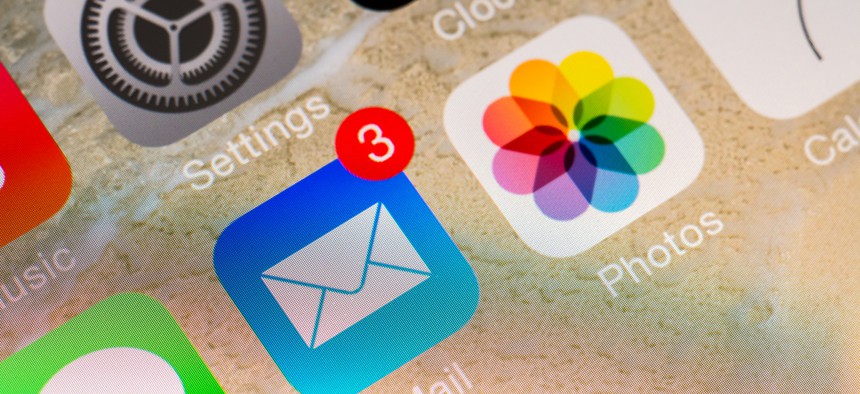
Radu Bercan / Shutterstock.com
Inbox Zero is a Waste of Time. This is How a World-class Behavioral Economist Tames His Email
Dan Ariely created an automatic reply email with FAQs that try to anticipate most of the requests he receives.
The Inbox Zero movement is now a decade old. Introduced by the awesomely named Merlin Mann in 2007, it was initially a system for managing clutter and distractions but it’s evolved into a modern philosophy, a means of asserting our humanity over the machines we live with.
While the act of clearing out an inbox can feel as satisfying as cleaning the refrigerator, it’s ultimately just another way of wasting time, argues Dan Ariely, a psychologist and behavioral economist at Duke University. Like writing meticulous to-do lists, obsessively sorting and deleting emails is “structured procrastination,” Ariely said on the Bloomberg Game Plan podcast.
We tend to tackle projects like sorting and replying to emails because they’re discrete tasks. And finishing them gives us a sense of accomplishment, he said. But it’s still keeping us from our actual work, which can be messy, frustrating and lacking in immediate payoffs.
“How many people are going to die happy knowing they got to email zero?” Ariely asked. “This is not the stuff that makes for long-term happiness, but because it’s present and immediate and beeps and someone’s waiting, it takes precedence over the things that are important to us.”
So Ariely, who is much in demand as an expert on behavior, has his own method for taming his inbox. He created an automatic reply email with FAQs that try to anticipate most of the requests he receives, and an explanation that he won’t respond to every email. While it’s not ideal, Ariely says the system serves to shift the burden from him to the emailer, by giving them the tools to answer their own questions.
If they insist on sending an email, Ariely asks them to submit it via a form that asks when they want a reply, with options for next month, next week, tomorrow, and “Drop everything and deal with it ASAP.” Only 2% of Ariely’s emails are flagged as urgent.
While adherents of Inbox Zero are urged to constantly triage their incoming emails—ideally every hour, according to Mann—Ariely’s system does it for him, and gives him the luxury of dealing with only the emails that he knows are essential. “The moment you send one email to someone, it does beep, and to some degree, even for a few seconds, they stop everything and look at what you ask them,” he says.
When given a choice, Ariely says, “very, very few people say ‘answer me now.'”
NEXT STORY: Memo to OMB: Speed Kills






